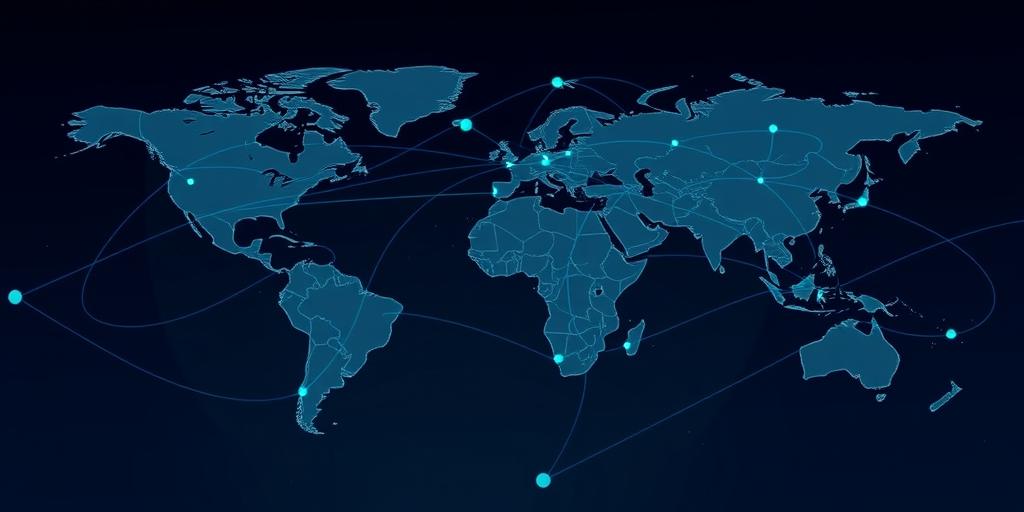Impact of Geopolitics on International Business (2025)
In 2025, international business operates within an increasingly complex geopolitical landscape. Shifts in political power, trade agreements, and international relations significantly impact how companies conduct business across borders. Understanding these dynamics is crucial for strategic decision-making and risk management.
Key Geopolitical Factors Shaping International Business in 2025
- Trade Wars and Protectionism: Trade tensions between major economies can lead to tariffs, quotas, and other trade barriers, disrupting global supply chains and affecting market access.
- Political Instability and Conflicts: Political unrest, civil wars, and international conflicts can create uncertainty and risk for businesses operating in affected regions. Companies must assess the stability of their operating environments and develop contingency plans.
- Sanctions and Embargoes: Economic sanctions imposed by countries or international organizations can restrict business activities with specific nations or entities. Compliance with sanctions regulations is essential to avoid legal and financial repercussions.
- Geopolitical Alliances and Partnerships: Shifting alliances and partnerships between countries can create new opportunities and challenges for international business. Companies should monitor these developments to identify potential growth markets and strategic collaborations.
- Resource Nationalism: Governments may exert greater control over natural resources, impacting foreign companies involved in resource extraction and related industries. Companies need to navigate resource nationalism through negotiations and partnerships.
Strategies for Navigating Geopolitical Risks
- Diversification: Reduce reliance on single markets or suppliers by diversifying operations across multiple countries and regions.
- Political Risk Insurance: Obtain insurance coverage to protect against losses resulting from political instability, expropriation, and other political risks.
- Scenario Planning: Develop multiple scenarios based on different geopolitical outcomes to anticipate potential impacts on business operations and develop appropriate responses.
- Stakeholder Engagement: Engage with governments, international organizations, and local communities to build relationships and promote a stable operating environment.
- Compliance Programs: Implement robust compliance programs to ensure adherence to international regulations, sanctions, and ethical standards.
Case Studies: Geopolitical Impact on International Business
- Technology Sector: Geopolitical tensions can affect technology companies through export controls, cybersecurity threats, and restrictions on data flows.
- Energy Sector: Political instability in oil-producing regions can disrupt energy supplies and impact energy prices, affecting businesses across various sectors.
- Manufacturing Sector: Trade disputes and tariffs can lead to supply chain disruptions and increased costs for manufacturers operating globally.
Conclusion
Geopolitics will continue to play a significant role in shaping international business in 2025 and beyond. Companies must stay informed about geopolitical developments, assess the risks and opportunities they present, and develop strategies to navigate this complex landscape successfully. By doing so, businesses can enhance their resilience, competitiveness, and long-term sustainability in the global marketplace.
